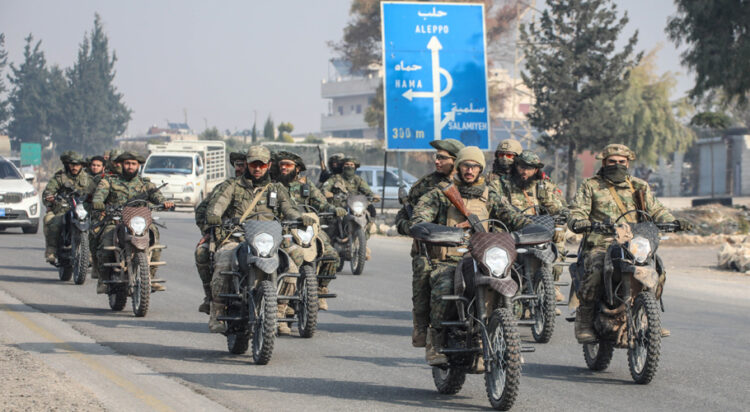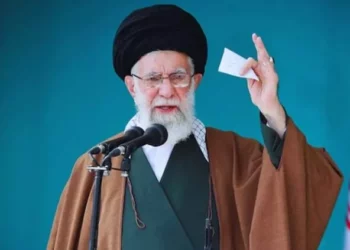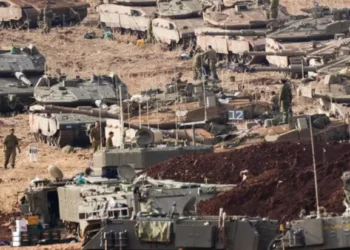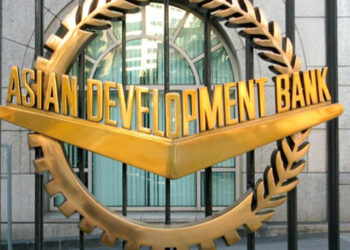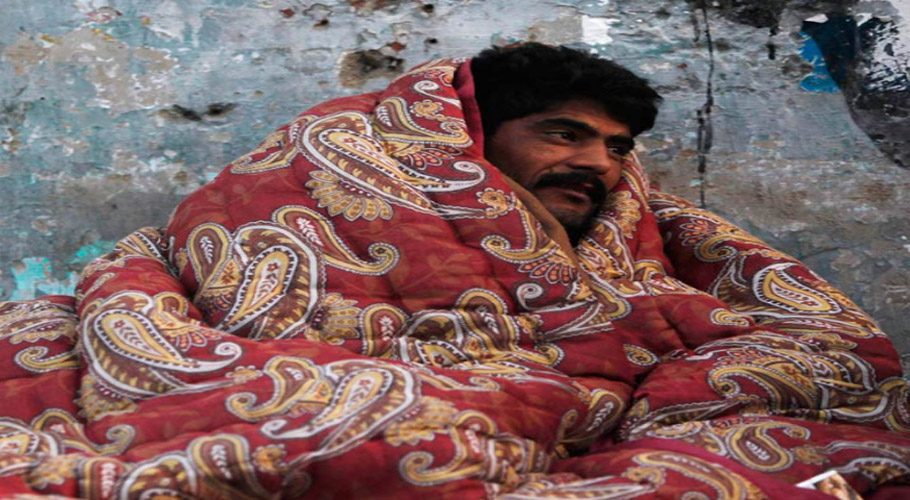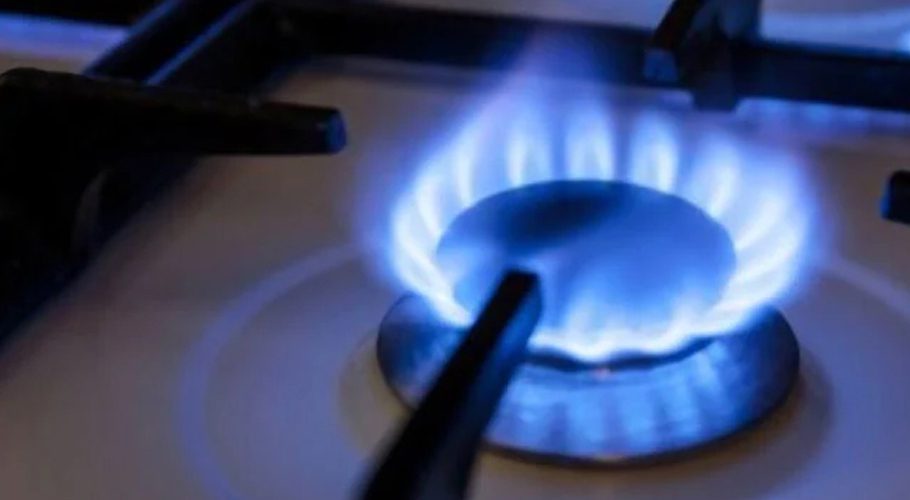![]() Follow Us on Google News
Follow Us on Google News
Syrian rebels battled government forces for control of the key city of Homs on Saturday and advanced towards the capital Damascus as front lines collapsed across the country, throwing President Bashar al-Assad’s 24-year rule into the balance.
Since the rebels’ sweep into Aleppo a week ago, government defences have crumbled at dizzying speed as insurgents seized a string of major cities and rose up in places where the rebellion had long seemed over.
The twin threats to strategically vital Homs and the capital Damascus now pose an existential threat to Assad’s decades of rule in Syria and the continued influence there of his main regional backer Iran.
A Homs resident, and army and rebel sources said the insurgents had breached government defences from the north and east of the city. A rebel commander said they had taken control of an army camp and villages outside the city.
State television reported that the insurgents had not penetrated into Homs although it said they were on the city outskirts, where it said the military was striking them with artillery and drones.
Insurgents have seized almost the entire southwest within 24 hours, and they have advanced to within 30 km (20 miles) of Damascus as government forces fell back, rebels said.
Underscoring the possibility of an uprising in the capital, protesters took to the streets in several Damascus suburbs, ripping up Assad posters and tearing down a statue of his father, former President Hafez al-Assad, uncontested by army or police. Some were joined by soldiers who had changed into civilian clothes and deserted, residents said.
However, the state news agency reported that Assad remains in Damascus and the military said it was reinforcing around the capital and south.
The pace of events has stunned Arab capitals and raised fears of a new wave of regional instability.
Syria’s civil war, which erupted in 2011 as an uprising against Assad’s rule, dragged in big outside powers, created space for militants to plot attacks around the world and sent millions of refugees into neighbouring states.
Assad had long relied on allies to subdue the rebels, with bombing by Russian warplanes while Iran sent allied forces including Lebanon’s Hezbollah and Iraqi militia to bolster the Syrian military and storm insurgent strongholds.
But Russia has been focused on the war in Ukraine since 2022 and Hezbollah has suffered big losses in its own gruelling war with Israel, significantly limiting its ability or that of Iran to bolster Assad.
US President-elect Donald Trump said the US should not be involved in the conflict and should “let it play out”.







